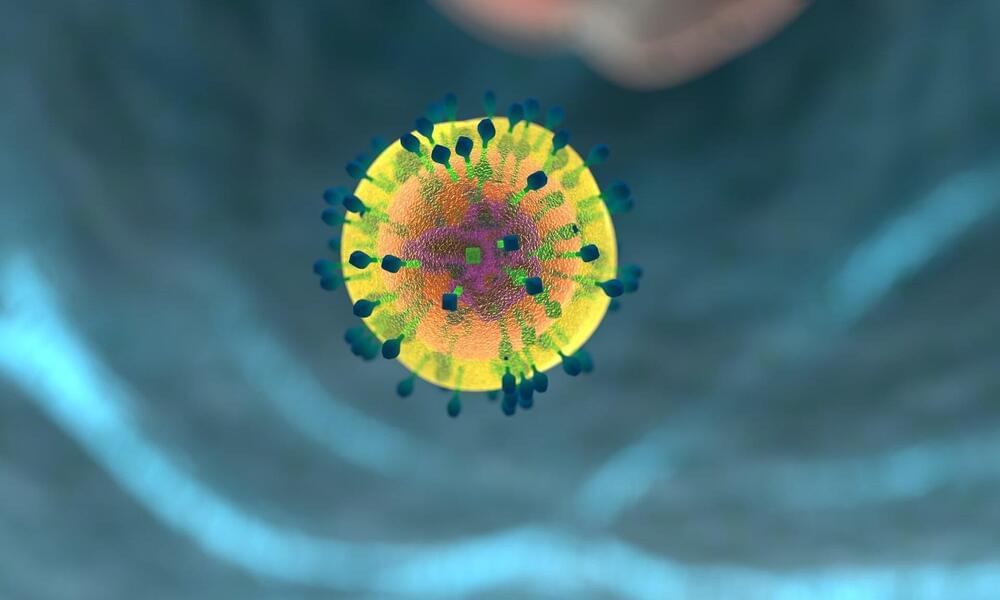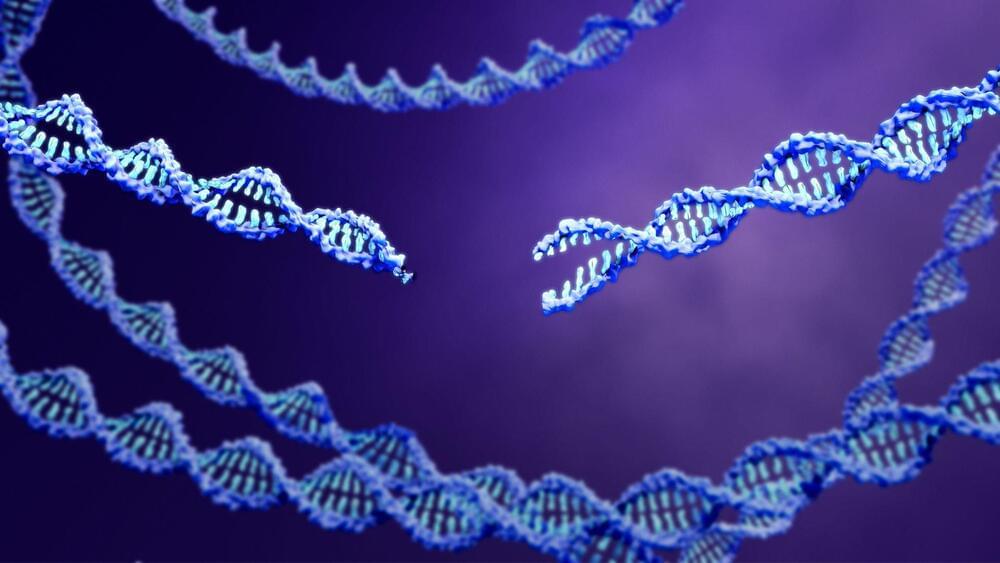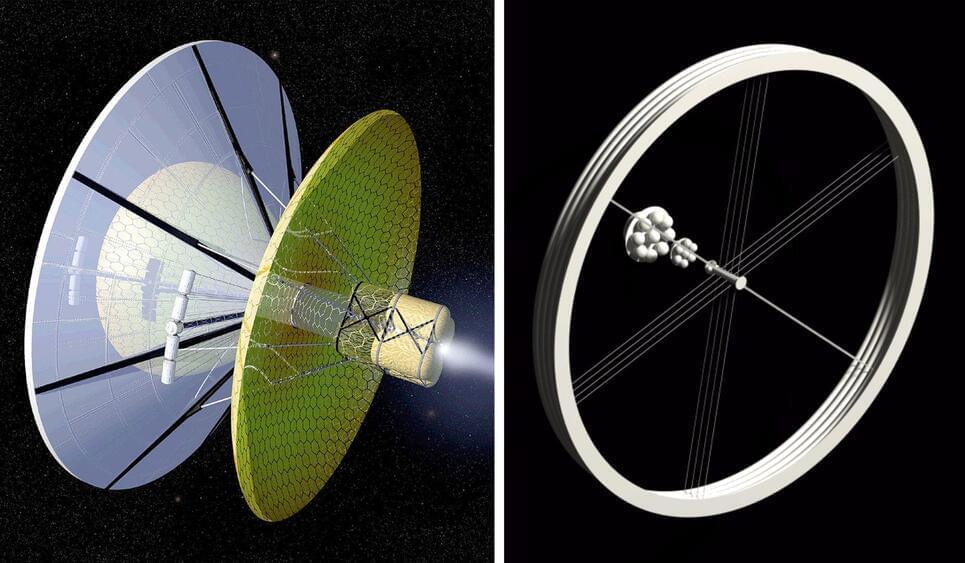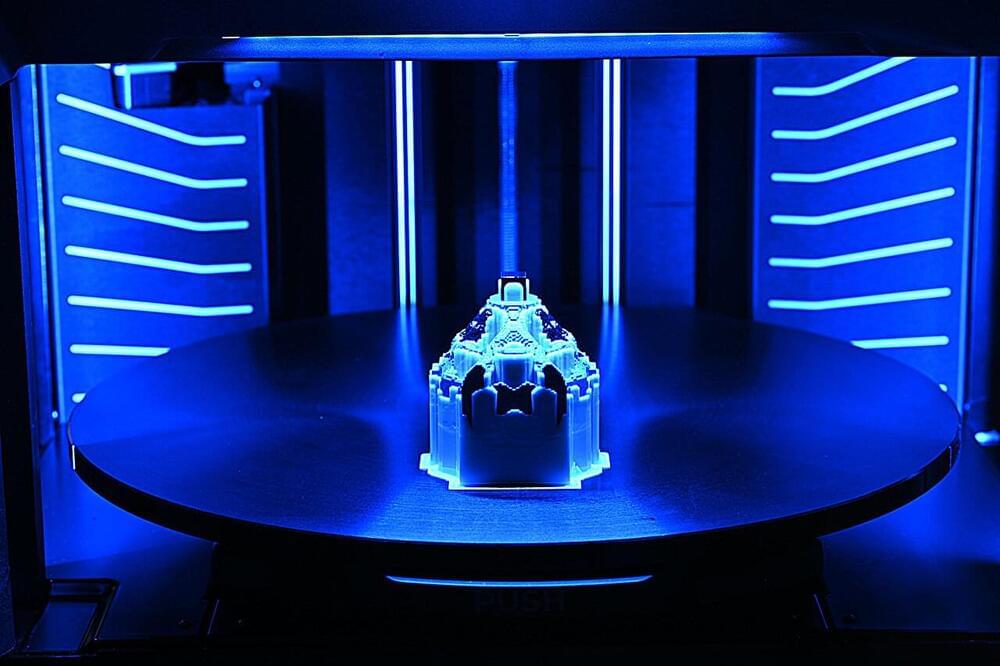
New research at ACR Convergence 2023, the American College of Rheumatology’s annual meeting, demonstrates that CAR-T cell therapy could lead to sustained suppression of autoantibodies in treatment-resistant lupus while maintaining a robust response to vaccines.
Systemic lupus erythematosus (SLE, lupus) is a complex autoimmune disease marked by the production of autoantibodies to nucleic acid DNA and nuclear protein autoantigens and is associated with dysfunctional B cells. It mainly affects women and is more common and severe in people who are Black, Hispanic, or Asian. Lupus can lead to a wide range of systemic problems varying in severity, including skin, kidney, lung, joints, and heart disease and complications during pregnancy.
The disease often requires life-long treatment with immunosuppressive or immunomodulatory drugs, and a considerable number of patients don’t respond to them. One theoretical option for these patients is chimeric antigen receptor (CAR)-T cell therapy, which is successfully used to treat refractory blood cancers by destroying malignant cells.


















